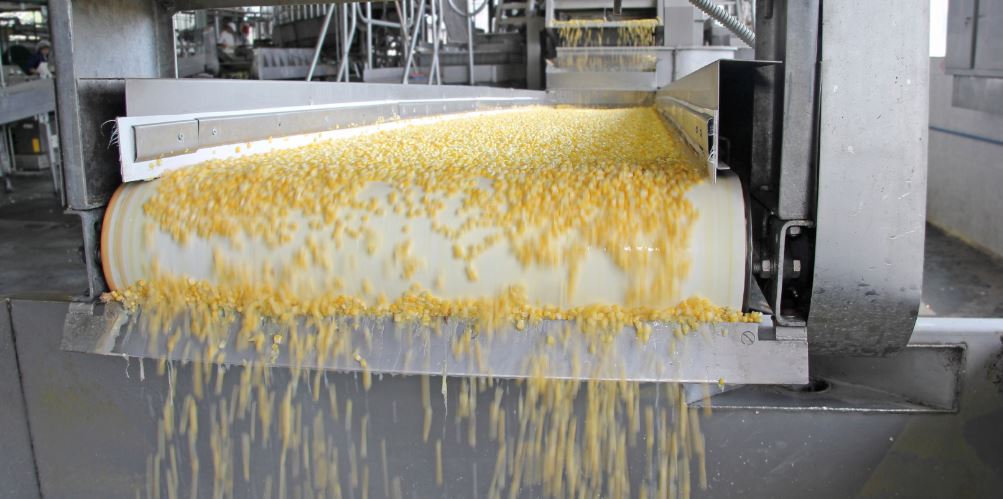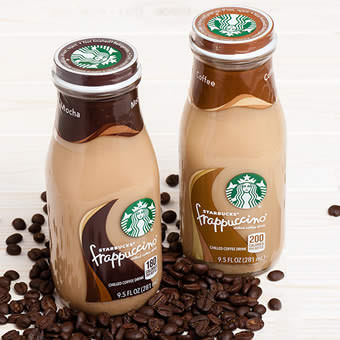Introduction
In today's quickly developing food industry, businesses are looking for lasting solutions to fulfill the growing need for high quality foodstuff while lessening their environmental influence. Contract food manufacturing has actually become a practical option for business seeking to outsource their manufacturing needs while preserving control over product development as well as quality assurance. This write-up explores the concept of contract food manufacturing in Australia and also its duty in promoting sustainability within the food industry.
The Increase of Contract Food Manufacturing in Australia
Understanding Contract Food Manufacturing
Contract food manufacturing is a strategic partnership in between a brand name owner and also an agreement producer, where the latter creates items on behalf of the previous. This arrangement permits brand owners to concentrate on advertising and marketing, item growth, and circulation while leveraging the knowledge and resources of specialized agreement manufacturers.
Benefits of Agreement Food Manufacturing
Cost Efficiency: Contract food manufacturing removes the need for considerable capital investments in facilities, devices, and workforce. This cost-saving action permits brands to assign their resources towards other essential areas of organization growth. Scalability: As demand for a specific item varies, agreement producers can promptly readjust manufacturing levels to fit market demands. This versatility ensures that brands can satisfy consumer demand without excess stock or wastage. Expertise and Advancement: Contract producers commonly have substantial knowledge and also experience in details food categories or processes. By collaborating with these specialists, brands can use their creativity as well as harness ingenious remedies for item advancement and also improvement. Quality Guarantee: With stringent quality control procedures in position, agreement makers adhere to sector requirements and also regulative needs. This commitment to quality makes certain that brand names provide safe and high-quality products to customers consistently. Supply Chain Monitoring: Contract food manufacturing streamlines the supply chain by settling manufacturing, product packaging, labeling, and circulation under one roof. This incorporated technique reduces logistical complexities and also boosts total functional efficiency.The Environmental Influence of Contract Food Manufacturing
Reducing Carbon Footprint
Contract food manufacturing offers opportunities to lower the ecological effect of food manufacturing with various means:
Efficient Resource Utilization: Contract suppliers maximize resource usage by implementing energy-saving practices, lessening water use, and also reducing waste generation. These sustainable steps add to a reduced carbon footprint across the entire production process. Locally Sourced Active ingredients: By sourcing ingredients from regional suppliers, agreement makers lower transportation distances and also associated discharges. This technique sustains local economies while promoting sustainability within the supply chain. Eco-Friendly Packaging: Agreement food manufacturers emphasize the use of eco-friendly product packaging products, such as biodegradable or recyclable alternatives. This dedication to lasting packaging decreases waste and promotes responsible consumption.Embracing Sustainable Energy
Contract food producing facilities in Australia are increasingly adopting renewable energy resources to power their operations. Photovoltaic panel, wind generators, as well as various other tidy power solutions help reduce dependence on fossil fuels contract manufacturing food products and also contribute to a greener future for the industry.
Addressing Sustainability Challenges in Contract Food Manufacturing
Waste Administration and Recycling Initiatives
Contract food manufacturers prioritize waste administration via thorough recycling programs and waste decrease methods. By carrying out reliable waste segregation systems, firms can divert considerable amounts of waste from landfills as well as advertise a round economy.
Water Conservation Measures
Water deficiency is an international problem, and also contract food producers play their component in addressing this difficulty. Companies invest in water-saving modern technologies, such as sophisticated filtration systems and also water reuse campaigns, to decrease their freshwater consumption.
Collaboration with Lasting Suppliers
Contract food suppliers actively look for partnerships with distributors dedicated to sustainable methods. By prioritizing environmentally aware providers, these firms make certain that their entire supply chain aligns with sustainability goals.
FAQs
What is contract food manufacturing? Contract food manufacturing describes the outsourcing of food production to specialized makers that create items in behalf of brand owners.

How can contract food manufacturing advantage businesses? Contract food manufacturing offers price efficiency, scalability, experience, and quality control to brands wanting to concentrate on advertising and marketing and distribution.
How does contract food manufacturing advertise sustainability? By optimizing resource utilization, accepting renewable resource, and implementing waste management and reusing campaigns, contract food manufacturing reduces its environmental impact.
What are some lasting packaging choices in contract food manufacturing? Green packaging materials such as naturally degradable or recyclable choices are commonly made use of in contract food manufacturing to reduce waste.
How do agreement food suppliers save water? Agreement food producers purchase water-saving modern technologies and apply water reuse efforts to lessen their freshwater consumption.
What function does cooperation with lasting providers play in contract food manufacturing? By partnering with eco conscious providers, agreement food makers make certain that their entire supply chain aligns with sustainability goals.
Conclusion
Contract food production provides a lasting option for businesses looking for to satisfy the expanding need for quality foodstuff while lessening their ecological influence. By leveraging the competence of customized suppliers as well as taking on eco-friendly techniques, brands can contribute to a greener future for the Australian food sector. Embracing sustainability not only benefits the setting yet also boosts brand track record as well as customer rely on an increasingly aware market.

